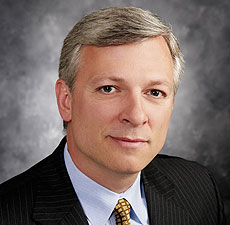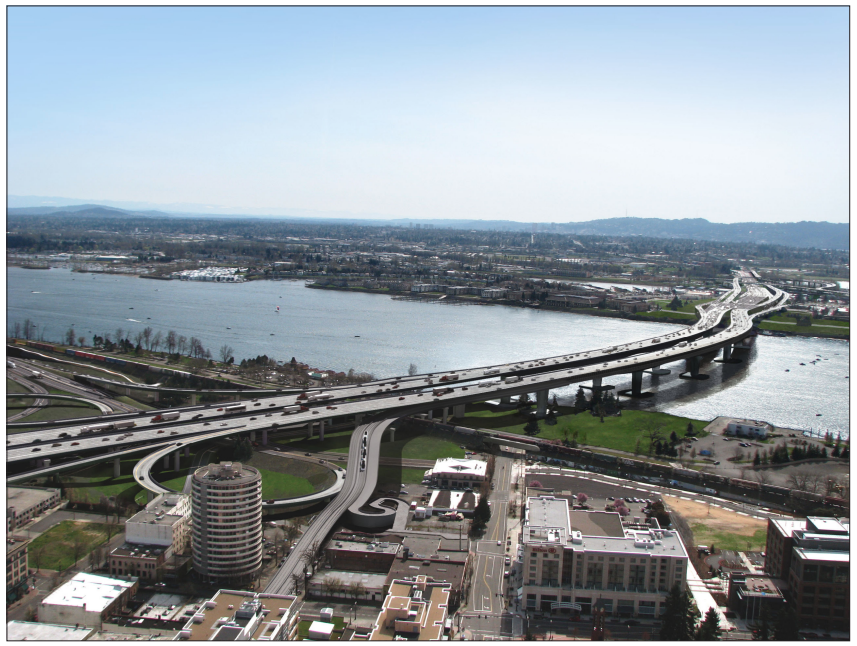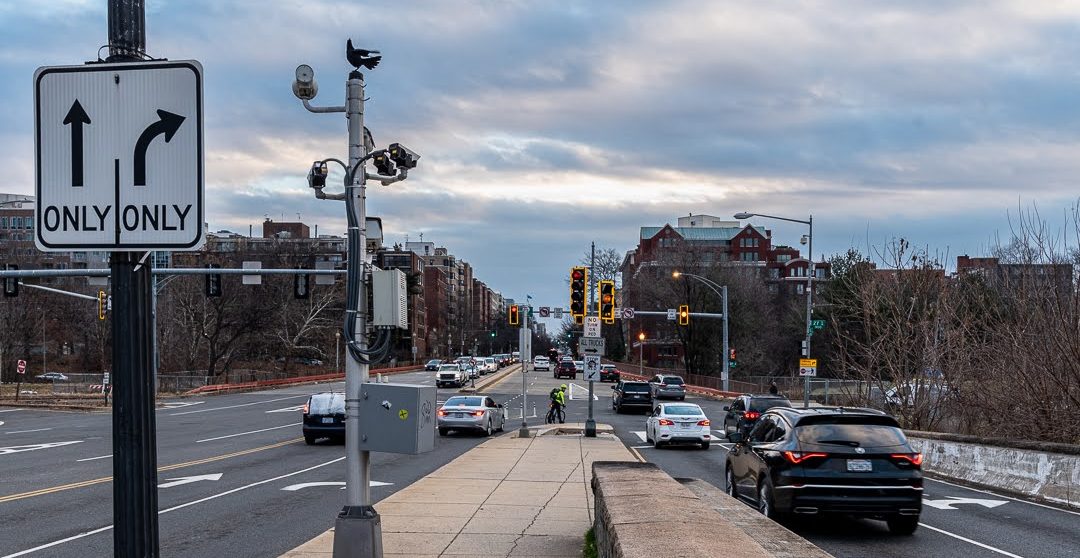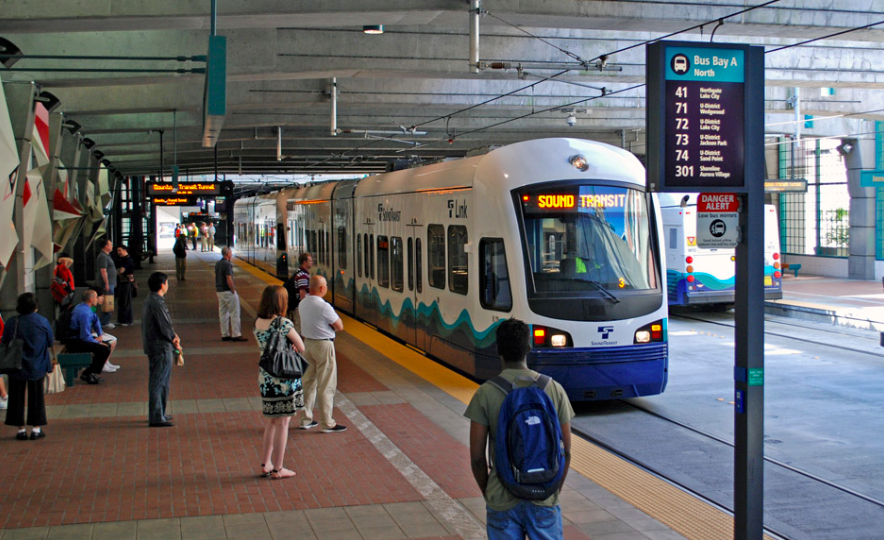In addition to some recent high-profile spins through the revolving door, we now have a new example of ethically questionable influence peddling in Washington: A powerful Congressman’s brother working to bring down a transit line in Maryland.

Rep. Bill Shuster (R-PA) wields the gavel of the House Transportation and Infrastructure Committee -- a post his father held, with great success, before him. Now Shuster’s brother, Robert, has been hired by the town of Chevy Chase, Maryland, to help them oppose the construction of a light-rail line.
The Purple Line concept has been under development since 1989, with the state beginning work in earnest in early 2008. The principal opponent to the line -- the Columbia Country Club -- has dropped its opposition and promised not to bring any lawsuits as a result of a deal to adjust the route.
The Purple Line has faced countless obstacles and defeated them all. Rep. Shuster’s brother now has $20,000 a month of Chevy Chase’s taxpayer dollars to try to come up one the transit line can’t overcome.
According to the Washington Post, Chevy Chase hired Robert Shuster’s law firm last month, so far paying a total of $40,000 for two months. The town council is now deciding whether to move from a month-to-month arrangement to an 18-month contract, still for $20,000 a month.
The Post notes that the firm, Buchanan, Ingersoll & Rooney, lists Robert Shuster as one of four lawyers on the project.
No worries, though: Shuster won’t be lobbying. The Post quotes Mayor Pat Burda as saying she didn’t even know about the Shuster connection when she first contacted the law firm, and that the town is focused on the Federal Transit Administration, not Congress. She said it in no uncertain terms: “We’re not lobbying Congress.”
But the pro-Purple Line Action Committee for Transit has found a Congressional lobbying disclosure form from Shuster's firm that “states explicitly that Shuster and his partners are lobbying the House of Representatives and Senate for the Town of Chevy Chase.” The form says Shuster and two others will be lobbying on urban development, transportation and “government issues.”
“I do not and will not lobby my brother,” Robert Shuster pledged in a statement to the Post. But whether or not Shuster lobbies his brother may be beside the point. A Shuster calling up a member of Congress is going to get his phone call answered, and “in Washington, that’s your first goal,” said Purple Line advocate Tracey Johnstone.
But what does Chevy Chase seek to get out of Congress anyway? Maryland is in the market for $900 million in federal aid to round out funding for the Purple Line, but they’re looking to get it from a New Starts full-funding grant agreement from the FTA, not Congress.
Undoubtedly the town of Chevy Chase, ably represented by the good people at Buchanan, Ingersoll & Rooney, will petition the FTA to reject the MTA’s request for a New Starts grant. Purple Line opponents always find some legit-sounding reason to block it: endangered amphipods (except, oops, the U.S. Fish and Wildlife Service said it’s no problem), impact on a nearby trail, the view from a tony golf course clubhouse. They’ll certainly come up with a good story to tell the FTA.
But the lobbying disclosure form makes clear that they’ll be taking that message to Congress, too. After all, FTA only makes recommendations for New Starts grants. House and Senate appropriations committees make the final decision.
Sure, that’s a different committee from the one the other Shuster heads, but “if you think the appropriations committee isn’t checking with the chair of T&I about what they’re putting in a New Starts grant, you don’t know how Congress works,” said Joshua Schank of the Eno Center for Transportation.
Earmarks were eliminated in MAP-21, and if that ban continues, there would be no place for an explicit Purple Line funding authorization in the next bill. But there are some possibilities for the next bill to have an impact.
First, Congress could go back to earmarks, though it’s unlikely. Second, Congress could make it clear, outside of bill language, that the region is expected to use its urbanized area formula grant money on the Purple Line -- though that’s a tough demand to make without offering new money. Third, Congress could underfund New Starts altogether, which is entirely possible and even likely, and which could hobble the agency’s ability to fund the Purple Line. Or, fourth, Congress could slip an amendment into the bill that targets the Purple Line -- requiring more studies on endangered amphipods, for example.
Either way, it never hurts to have friends in high places in Washington.





